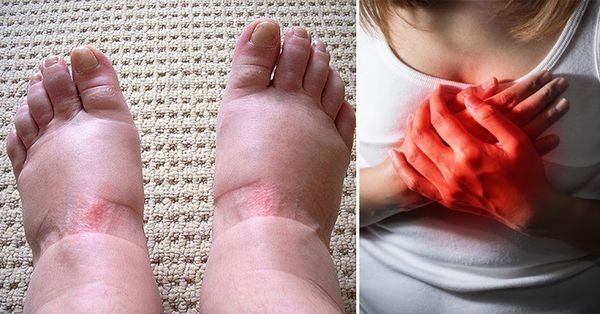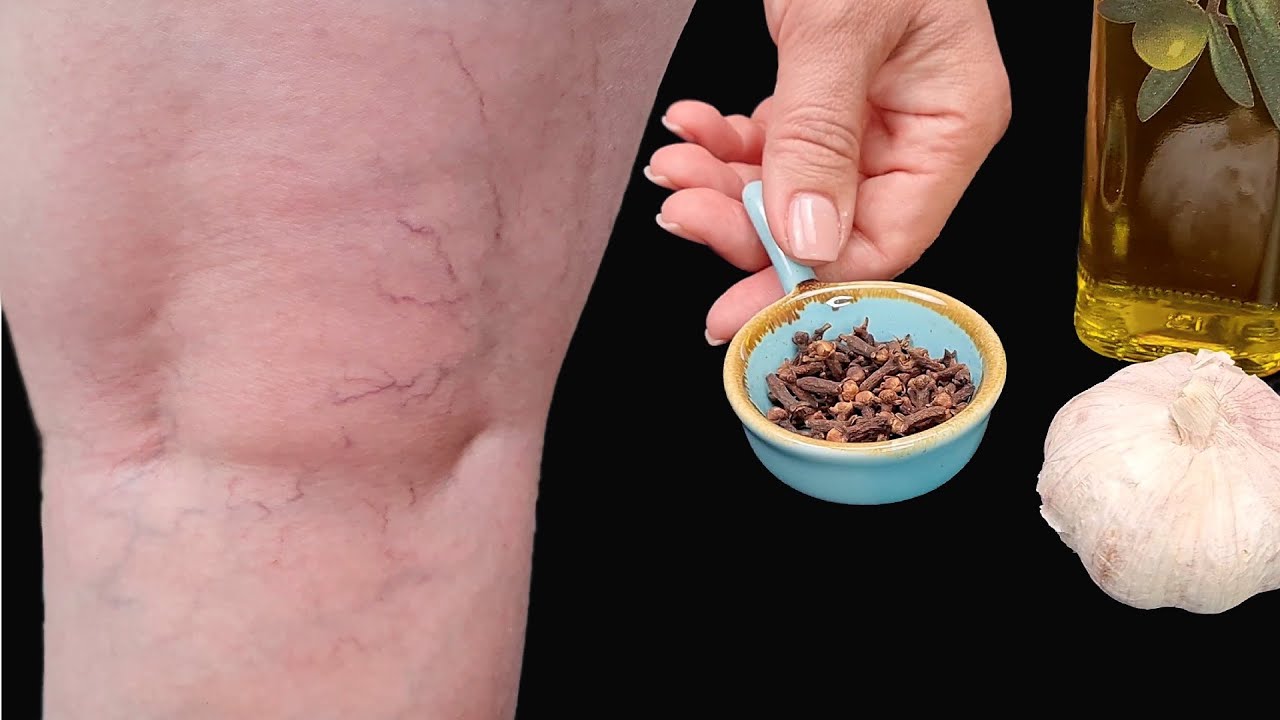
Swollen feet can be a common discomfort for many people, but it’s important to know that it’s not always innocent. While pregnancy, injury, or long hours of standing can lead to swollen feet, there are other hidden causes that you should be aware of.
If you suddenly experience swelling in your feet, it may be a sign of an underlying health issue. It’s crucial to seek medical attention to determine the cause and receive appropriate treatment.
Deep Vein Thrombosis (DVT)
Deep vein thrombosis occurs when a blood clot forms in the deep veins, usually in the legs. It can cause swelling, heaviness, and clearer veins in the legs. DVT is dangerous as it can lead to a pulmonary embolism, a blockage of blood flow to the lungs. If you notice these symptoms, it’s important to seek immediate medical help.
Achilles Tendonitis
The Achilles tendon, the strongest tendon in the body, can become inflamed and swollen. This condition is called Achilles tendonitis and it commonly occurs after physical activities. If you experience swollen ankles and heels, especially after exercising, it’s important to give your feet proper rest and consult a healthcare professional if the pain persists.
Osteoarthritis
Osteoarthritis is the most common type of arthritis and it can affect your feet, causing pain, stiffness, and swelling. Engaging in gentle exercises like yoga may help alleviate the pain associated with osteoarthritis.
Heart Failure
In some cases, swollen feet can be a subtle sign of heart failure. When the heart doesn’t function properly, fluid can build up in the legs, feet, or ankles, leading to swelling. If you have swelling accompanied by other symptoms such as shortness of breath or chest pain, it’s important to consult a doctor promptly.
Lymphedema
Lymphedema occurs when excess lymphatic fluid builds up in the limbs, leading to swelling. If you experience sudden and severe swelling, it’s crucial to seek immediate medical attention.
Cellulitis
Cellulitis is a bacterial skin infection that can cause swelling and redness. It often affects the legs below the knee and requires medical treatment.
Gout
Gout is a painful form of arthritis caused by excess uric acid in the body. It often targets the big toe, causing sudden and severe swelling, redness, and tenderness. If you experience severe pain or have never had gout before, it’s essential to see a doctor without delay.
Foot Bursitis
Bursitis is inflammation of the small fluid-filled sacs that protect bones, muscles, and tendons. It can affect various parts of the body, including the feet. If you have foot bursitis, you may experience pain, stiffness, and redness in the affected area.
Rheumatoid Arthritis
Rheumatoid arthritis can begin in the feet, leading to swollen and painful joints. This condition affects everyone differently, but one common symptom is severe swelling. Nodules under the skin may also cause the tendons and muscles in the feet to swell.
It’s important to remember that swollen feet may indicate an underlying health issue. If you notice any abnormalities in your feet, seek the advice of a medical professional.
Let us know your thoughts about this article in the comments below. Don’t forget to share this important information with your friends and family!




